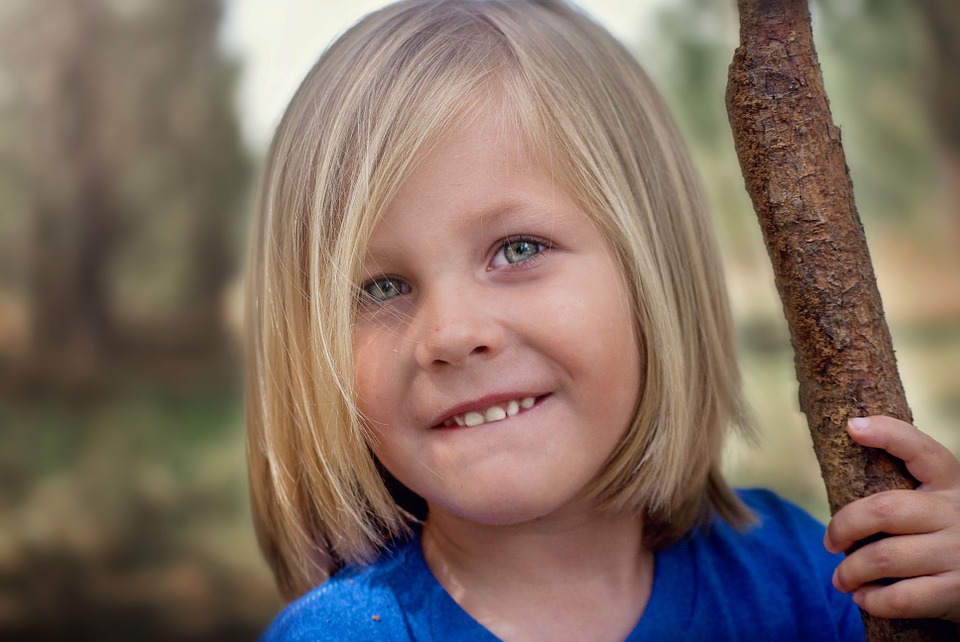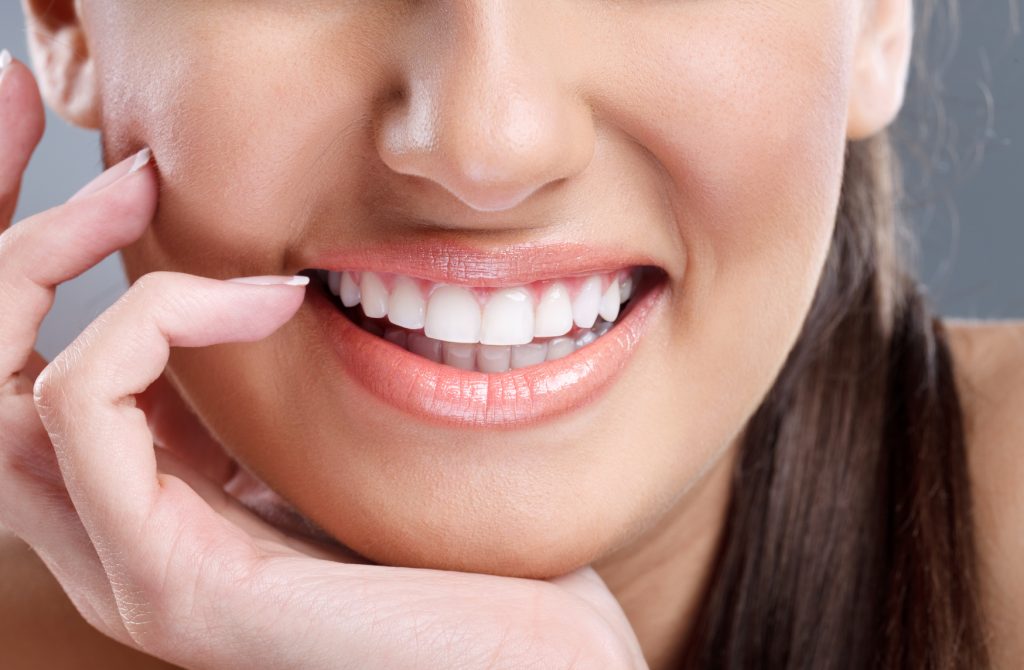A Parent’s Guide to Teeth: Primary VS Permanent Teeth

Primary teeth, or baby teeth, begin to emerge when a baby reaches the age of approximately six months old. These teeth continue to come in until a toddler reaches the age of about three. A toddler gets 20 primary or baby teeth in total. Ten teeth form on the top jaw, and ten teeth develop on the bottom jaw.
The function of primary teeth is to help children chew food as well as to create space in the jaw for a child’s permanent teeth to develop. These baby teeth look whiter than adult teeth appear.
Types of Primary Teeth

Primary teeth become loose in their sockets just before they come out. Several types of primary teeth exist. Babies and toddlers first get their lower central incisors, then their upper central incisors. These four teeth are the first teeth lost at the age of six and seven years old. The teeth next to the central incisors, called the lateral incisors, emerge next. The canine teeth come in next, and then the molars emerge. These molars remain the last teeth to be lost. A child will have an entirely new set of permanent teeth between the ages of ten and 12 years of age. The very last teeth to emerge, commonly called wisdom teeth, don’t come in until a person reaches the age of 17 to 21 years old. These wisdom teeth are permanent teeth.
How Do You Care For Primary Teeth?
Your care of a baby or toddler’s primary teeth educates the child about the importance of tooth and oral care. Babies require special fluoride-free toothpaste because babies tend to swallow toothpaste. So select a toothpaste specially designed for infant and toddler use.
You use a soft washcloth containing the appropriate toothpaste for a baby. Rub the paste gently on the baby’s gums after they eat and at bath time. Once teeth erupt, you should start using a child-sized, soft-bristled brush to clean your child’s teeth after they eat. Also, your child should see the dentist sometime around their first birthday.
Permanent or Adult Teeth

Permanent teeth erupt in the same order that the primary teeth emerged. So the first teeth to emerge are the first teeth that get replacement adult teeth. If adult teeth become decayed or damaged due to injury to their face or jaw, the order your child gets his or her adult teeth changes, however.
Your child also gets 16 teeth on the top jaw and 16 teeth on the bottom jaw, for a total of 32 adult teeth. Your child receives these teeth in the following order:
- The four central front teeth on both the top and bottom of the mouth emerge first. These teeth are called the central incisors.
- The second set of teeth to erupt is the four lateral incisors. These are the next two teeth on the top and bottom of the mouth.
- The canine teeth come in next on the bottom and top of the jaws.
- The fourth set of teeth to come in is the eight upper and lower molars.
- The final teeth to emerge in an adult mouth are the wisdom teeth. Your child’s wisdom teeth come in as they approach adulthood. These large molars may or may not appear on their own. Your dental professional evaluates the condition and position of your child’s wisdom teeth and might recommend that they get removed.
Permanent molars come in behind primary molars, emerging in an open space. The child’s jaw lengthens and becomes stronger to accommodate these additional adult molars. All of the primary teeth become loose and fall out between the ages of six and 12. The mixture of adult and primary teeth is known as a period of mixed dentition by dentists.
Whether your child still has their primary teeth or all of their adult teeth have emerged, they need routine dental care. Most dentists recommend an examination and thorough cleaning twice a year from the age of one-year-old for their entire life. You remain responsible for your child’s dental care for their childhood. Developing healthy dental habits remains one of the best ways to ensure their oral health care.
If you want to keep your youngster’s teeth healthy for a lifetime, please contact the experienced dental staff of Midway Family and Cosmetic Dentistry in Alpharetta, Georgia. Midway Family and Cosmetic Dentistry also serve its patients from young to adult in the Cumming, Forsyth, and Atlanta, Georgia areas. Please consult with us to ensure that your child has a beautiful and healthy smile for their entire lives.

